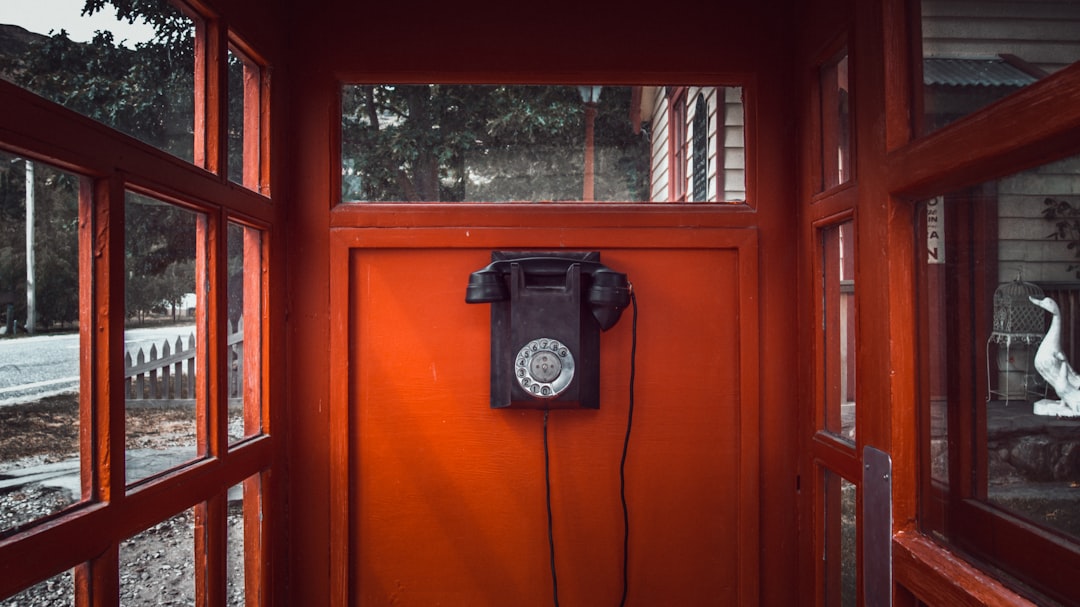The Telephone Consumer Protection Act (TCPA) in Bangor, Maine, is a powerful tool against unwanted spam calls, giving residents control over their phone lines. This federal law restricts excessive telemarketing and allows individuals to take legal action against violators with penalties per call. A Spam Call law firm in Maine educates residents on their rights and assists in addressing TCPA violations. Businesses must adhere to guidelines or face substantial penalties. Understanding the TCPA's permissible and prohibited calls is crucial, with explicit consent required for marketing purposes. Documenting unwanted calls and contacting a reputable Spam Call Law Firm Maine can help reclaim privacy from harassing phone calls and ensure compliance with the TCPA.
“Unwanted phone calls can be a nuisance, but in Bangor, Maine, residents now have protection thanks to the Telephone Consumer Protection Act (TCPA). This comprehensive guide is designed for beginners, offering a clear understanding of Maine’s spam call protection law. We’ll break down who the TCPA applies to, what constitutes permissible and prohibited calls, and how to enforce your rights if you’re affected. Additionally, we’ll dispel common misconceptions about this important Spam Call law firm Maine residents can rely on.”
Understanding the TCPA: Maine's Spam Call Protection Law

In Bangor, Maine, as in the rest of the country, the Telephone Consumer Protection Act (TCPA) plays a vital role in protecting residents from unwanted spam calls. This federal law restricts how businesses can contact consumers by phone, aiming to curb excessive and nuisance calls. For Maine residents, this means fewer telemarketing calls and more control over their phone lines.
The TCPA is not just about preventing robocalls; it’s a comprehensive spam call protection law. It gives individuals the right to sue companies that violate its rules, with penalties for each unauthorized call. A spam call law firm in Maine can guide residents on their rights and help them navigate any issues arising from suspected TCPA violations. Understanding these laws is essential for Bangor residents to protect themselves from unsolicited calls and take action if their privacy is invaded.
Who Does the TCPA Apply To? Bangor Residents and Businesses

The TCPA (Telecommunications Consumer Protection Act) is a federal law designed to protect consumers from unwanted and abusive phone calls, primarily from spam call law firms. In Bangor, Maine, as in the rest of the country, this legislation applies to both residents and businesses. All entities that make or receive telephone calls for commercial purposes must comply with the TCPA’s strict guidelines. This includes local businesses promoting their services, national call centers, and even charitable organizations making fund-raising calls.
For Bangor residents, this means that they have the right to refuse unsolicited sales calls and text messages, and to have their phone number removed from marketing lists. Businesses operating in Maine must ensure that their marketing strategies adhere to these rules, preventing any accidental or intentional violation that could result in significant financial penalties.
Defining Permissible and Prohibited Calls: Key Takeaways

In the context of the TCPA (Telecommunications Consumer Protection Act), understanding permissible and prohibited calls is crucial for Bangor, Maine residents. A Spam Call law firm Maine can offer valuable insights, but here’s what you need to know as a basic guide. Permissible calls are those made with explicit consent from the recipient, for marketing purposes, or by businesses with whom the consumer has an established relationship. This includes calls from charities, surveyors, and certain financial institutions, as long as they adhere to TCPA guidelines. On the other hand, prohibited calls are those initiated without prior authorization or consent. These include robocalls, live transfers to third-party call centers, and calls using automated dialing systems unless exempt under specific TCPA provisions.
Key takeaways here are: always ensure you’ve given clear consent for marketing calls, be wary of unexpected calls, and don’t leave your contact information with unfamiliar sources. Being informed about these distinctions is a significant step in protecting yourself from potential spam call law violations and ensuring your privacy under the TCPA.
Enforcing Your Rights: What to Do if You're Affected

If you’re a resident of Bangor, Maine and have experienced unwanted spam calls or text messages, it’s crucial to know your rights under the Telephone Consumer Protection Act (TCPA). The TCPA is a federal law designed to prevent companies from engaging in abusive telemarketing practices. If you believe your privacy has been invaded by persistent or harassing phone calls, you have options.
The first step is to document the calls, including the caller’s information if possible. Then, contact a reputable spam call law firm in Maine to discuss your situation. These experts can help you understand your rights and take appropriate action. You may be able to file a complaint with the Federal Trade Commission (FTC) or seek legal recourse against the offending company. Don’t let unwanted calls continue to disturb your peace; enforce your rights under the TCPA to reclaim your privacy.
Common Misconceptions About the TCPA in Maine

Many Bangor, Maine residents often have questions and misconceptions about the TCPA (Telecommunications Consumer Protection Act), a federal law designed to curb spam calls. One common belief is that all outgoing calls are protected under this legislation, but that’s not entirely true. The TCPA primarily focuses on unfair or abusive practices in telemarketing, such as making calls using auto-dialers without the recipient’s consent, or repeatedly calling phone numbers listed on the National Do Not Call Registry.
Another misconception is that the law only applies to businesses and large call centers. In reality, it protects all individuals and entities from receiving unwanted spam calls. Even personal callers who make similar repetitive calls en masse could face legal repercussions. Understanding these nuances is essential for Bangor residents to protect themselves against potential violations of the TCPA by both incoming and outgoing calls, especially when considering the strict penalties associated with spam call law firms in Maine.






